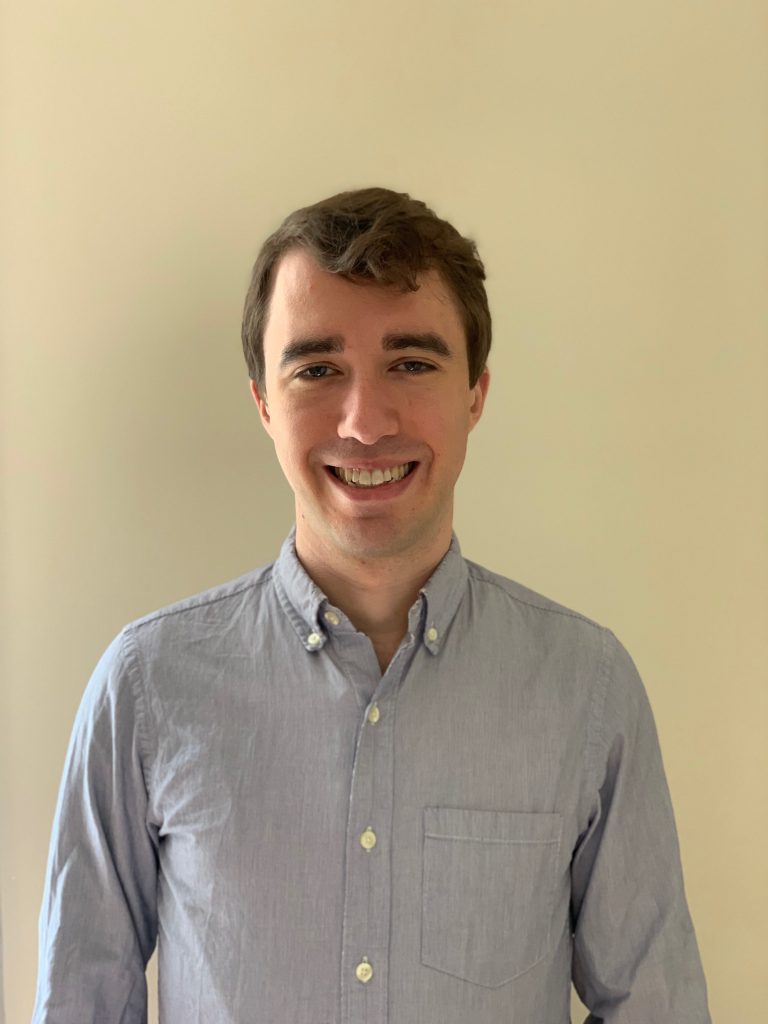BRENDAN CLARK ’21
NEWS EDITOR
Richard N. Palmer ’72 is an Associate Justice of the Connecticut Supreme Court and a political sci-ence graduate, Phi Beta Kappa, of Trinity College.
From an early age, Palmer “was always interested in government and legal philosophy.” While at Trinity, Palmer’s favorite courses included one which focused on the different forms of government around the world and another which focused on the interrelationships between the Legislative, Judicial, and Executive branches of the U.S. government. Palmer was also an avid sportsman at Trinity and was captain of both the tennis and squash teams. He was also a first- team All-American in squash, a recipient of the George McCook Trophy his senior year, and was a research assistant to a professor in the political science department. Palmer contends that “most majors at Trinity prepare you well for a graduate education.”
After Trinity, Palmer attended the University of Virginia Law School but only stayed briefly, finding the seriousness and attitude a shift from his undergraduate experiences. He thereafter worked as a court screener with a juvenile rehabilitation program in Hartford and then returned to law school and received a jurisdoctorate with high honors from the University of Connecticut School of Law. Palmer strongly urges students to attend law school “when they are ready” and stressed that, while it is a difficult process, the benefits can be extremely rewarding because it can “teach you how to think in a deliberate and logical way.” Palmer added that law school can be useful for a number of professions other than a legal career, including careers in the business and non-profit fields.
After graduating with high honors, Palmer be-came a law clerk to then U.S. District Court Judge Jon O. Newman and thereafter worked at the Hartford-based Shipman and Goodwin for three years. In 1980, Palmer was invited by then U.S. Attorney Richard Blu-menthal to work in the U.S. Attorney’s Office. Palmer found the experience to try cases at that level “extremely rewarding” and, after a couple of years, returned to private practice in partnership with Robert Chatigny from 1984 to 1986.
Palmer later returned to the U.S. Attorney’s Office and served as Chief of Narcotics Prosecution, Chief of the Criminal Division, and as the Deputy U.S. Attorney.
Palmer left the office and then served as the Chief State’s Attorney, who is responsible for criminal prosecutions in Connecticut, until 1993. In 1993, he was appointed to the State Supreme Court by Governor Lowell Weicker.
Palmer considers one of his seminal cases to be Kerrigan v. Commis-sioner of Public Health, which legalized the prac-tice of same-sex marriage in Connecticut in 2008, more than ten years before the United States Supreme Court affirmed the practice. Palmer emphasized that one of the most difficult aspects of being a judge is “determining the separation between law and public policy. In this case,” Palmer added, “both my mind and my heart were in the same place.” Justice Palmer was later given the opportunity of marrying Beth Kerrigan, who was the plaintiff in the case, and found that opportunity to be uniquely rewarding.
Another significant case was State v. Santiago, which, in 2015, formally abolished the death penalty in the State of Connecticut. Palmer stressed that this was a particularly emotional and divisive case for much of the public. Palmer’s reasoning relied, in part, on the decision by the Connecticut legislature to statutorily abolish the death penalty for future cases but maintain it for those who had previously been convicted. Palmer found that this bifurcation of the statute did not ultimately meet the test of constitutionality and thus voted to abolish it. Palmer added that prior to this case, he had consistently ruled in favor of the death penalty.
Overall, Palmer “treasured” his education and time at Trinity and credits his Trinity experience with “teaching you how to think.”
Thursday, February 20 2025
The Student Newspaper at Trinity College in Hartford, Connecticut




+ There are no comments
Add yours